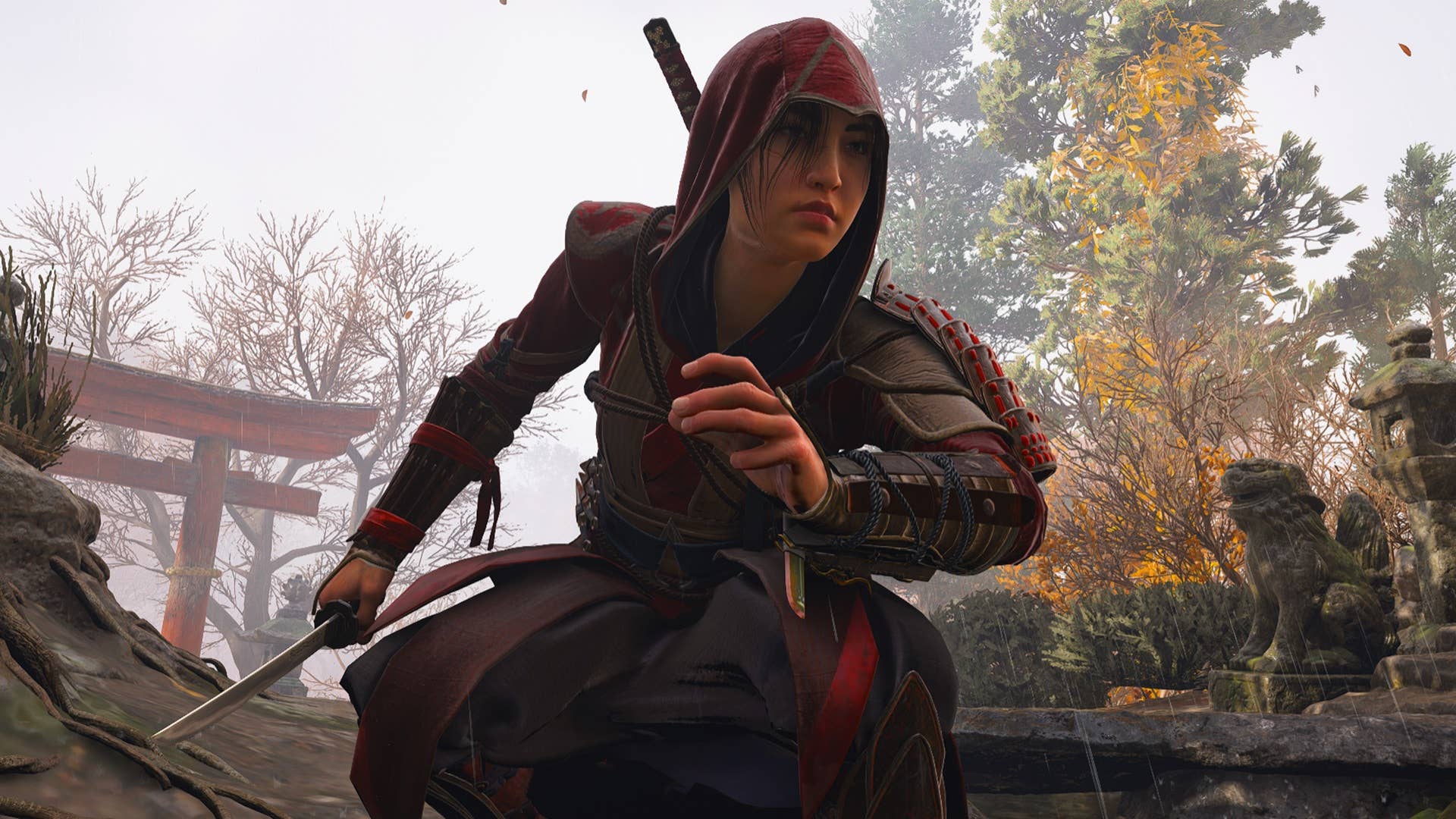## Ubisoft’s Year of Turbulence: Delays and Downsizing Hit the Gaming Giant
Remember that feeling when your favorite band announces a tour postponement or a new album’s delayed? Now imagine that happening to Ubisoft, one of gaming’s biggest players.
That’s exactly what we’re facing. After a “challenging” year, Ubisoft is throwing punches both left and right. Brace yourselves, gamers, because some of the publisher’s most anticipated titles are getting pushed back, and a wave of cost-cutting measures is sweeping through the company.

What went wrong? What games are feeling the heat? And what does this mean for the future of Ubisoft and the games we love?
We dive deep into the latest news, unpacking the implications and speculating on the road ahead for this gaming titan.Unveiling the “Biggest Productions”
Ubisoft’s recent announcement regarding the delay of “some of our biggest productions” has sent ripples through the gaming community. While the publisher remains tight-lipped about the specific titles affected, speculation is rife. Considering Ubisoft’s existing development slate, several projects seem prime candidates for postponement.
- Avatar: Frontiers of Pandora: This highly anticipated open-world adventure, originally slated for release in 2023, could be pushed back to capitalize on the upcoming Avatar sequels.
- Splinter Cell: The long-awaited return of the beloved stealth franchise has been in development for some time. Given its ambitious scope and the desire to deliver a polished experience, a delay wouldn’t be surprising.
- Beyond Good & Evil 2: This ambitious sequel to the cult classic has faced numerous challenges and delays over the years. It’s possible that Ubisoft is taking a more cautious approach to ensure its success.
The decision to delay these titles could be driven by a number of factors, including the need for additional development time, technical challenges, or a desire to avoid competing with other major releases.

The Shadow of Shadows
It’s worth noting that Ubisoft’s recent release of Assassin’s Creed Shadows has enjoyed a remarkably positive reception. This success may have influenced Ubisoft’s decision to prioritize quality over speed, opting to give their upcoming “biggest productions” the necessary time to shine.
The impact of Shadows’ launch is significant. It has reaffirmed the enduring appeal of the Assassin’s Creed franchise and set a high bar for future installments. Ubisoft is likely keen to maintain this momentum and avoid any missteps that could jeopardize its reputation.

Looking Ahead
The delays of these major Ubisoft titles will undoubtedly have a ripple effect on the gaming landscape. Release schedules will be adjusted, and gamers might have to wait longer for their anticipated experiences. However, in the long run, these strategic decisions could ultimately benefit both Ubisoft and the players.
By prioritizing quality and giving their teams the time they need, Ubisoft is demonstrating a commitment to delivering memorable and immersive gaming experiences. This approach could lead to a more focused and polished release slate, with titles that truly stand out in a crowded market.
The Rise of Live Service: Ubisoft’s Commitment to GaaS
Double Down on Franchises
Ubisoft’s focus on established franchises like Assassin’s Creed, Far Cry, and Rainbow Six within this new structure is a shrewd move. These brands have a loyal fanbase and a proven track record of success. By leveraging their existing IP, Ubisoft can build upon a foundation of familiarity and trust, attracting both new and returning players to their live service offerings.
The popularity of games-as-a-service (GaaS) is undeniable. Titles like Fortnite, Destiny 2, and Call of Duty: Warzone have demonstrated the immense potential of this model, generating substantial revenue and fostering vibrant communities.
Tencent’s Role
The partnership with Tencent, a global gaming giant with a deep understanding of the live service landscape, is a strategic masterstroke. Tencent’s expertise in monetization, player engagement, and global market penetration will be invaluable to Ubisoft as they navigate the complexities of the GaaS ecosystem.
The formation of the new Tencent-backed subsidiary dedicated to major franchises further strengthens this alliance. This dedicated entity will be laser-focused on maximizing the potential of these iconic brands, ensuring that they remain at the forefront of the gaming industry.
The Future of Ubisoft
Ubisoft’s shift towards live service games represents a bold and transformative move. By embracing this evolving landscape, Ubisoft is positioning itself for long-term success in a rapidly changing industry. This strategy promises to deliver a richer and more engaging gaming experience for players, with ongoing content, evolving gameplay, and a deeper sense of community.
While the transition may present challenges, Ubisoft’s commitment to quality, innovation, and player satisfaction suggests that they are well-equipped to navigate this new era of gaming.
Conclusion
So, there you have it. Ubisoft, the titan of gaming, admits to a “challenging” year, pushing back some of its biggest titles and tightening its belt with further cost-cutting measures. The article outlines a clear picture: a company grappling with declining player engagement and shifting market trends, ultimately leading to these difficult decisions. We see the impact this has on eagerly awaited releases, the potential for job losses, and the ripple effect on the wider gaming industry.
This news isn’t just a blip on the radar; it’s a wake-up call. It signals a potential shift in the industry landscape, where even established giants are forced to adapt to changing player expectations and economic realities. Will this lead to more cautious development cycles, a focus on live-service models, or a new wave of innovative approaches? Only time will tell. But one thing is certain: the gaming world is watching closely, waiting to see how Ubisoft, and the industry as a whole, navigates these choppy waters.
